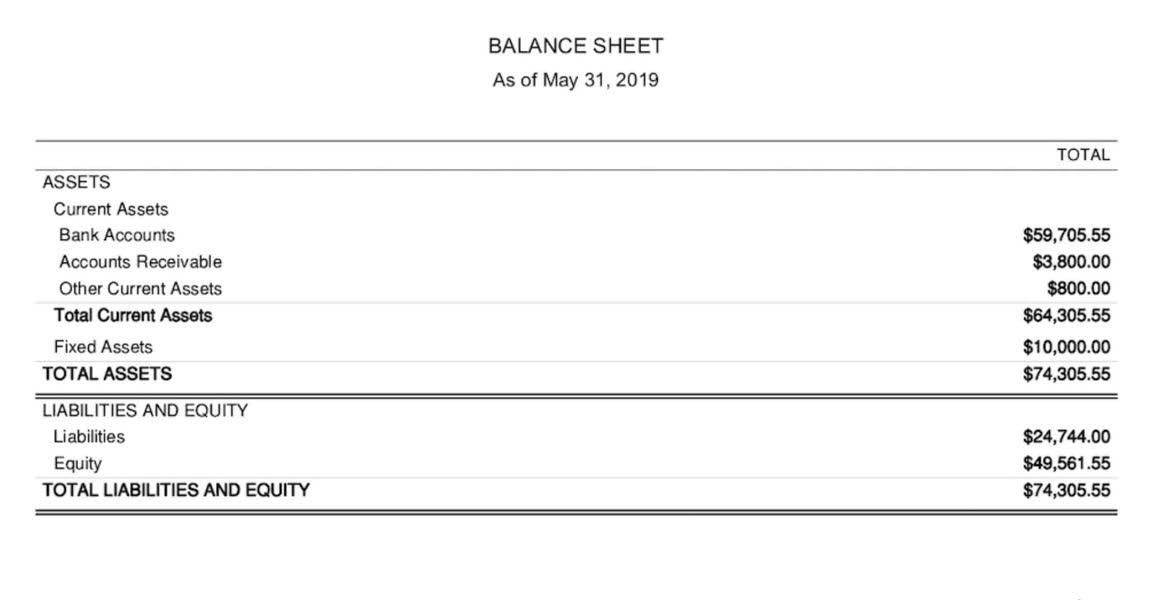A Guide to Bookkeeping: Skills, Salaries, and Careers


Once you become a qualified bookkeeper, you can work as a permanent employee or freelancer. Managing the general ledger is part of your daily responsibilities as a bookkeeper. You may determine if any payments are due, submit them, and record them in the financial ledger.
Across the country, the surge in demand for precision and transparency in financial management has been steadily growing. The bookkeeping industry is a critical part of the economy, and it is important for entrepreneurs to understand the current status and future outlook of the industry. In this article, we will discuss the current statistics and trends of the bookkeeping industry, as well as what to expect in the future. So, whether you are an entrepreneur who wants to start a bookkeeping business or you are simply curious about the future of this industry, read on to learn more. It might be about relating to where they are in their business journey and striking the right tone. The expected job decline is primarily due to cloud computing and other software innovations automating bookkeeping tasks that a person would normally do.

Best Practices for Transparency and Accuracy in Bookkeeping
Consider using one of the best bookkeeping services to make managing your books a breeze. When doing the bookkeeping, you’ll generally follow the following four steps to make sure that the books are up to date and accurate. Remember that each transaction is assigned to Bookkeeping for Any Business Industry a specific account that is later posted to the general ledger. Posting debits and credits to the correct accounts makes reporting more accurate. At the end of every pay period, the bookkeeper will accumulate employee payroll details that include hours worked and rates.
- Bookkeeping focuses on recording and organizing financial data, including tasks such as invoicing, billing, payroll and reconciling transactions.
- Business owners who don’t want the burden of data entry can hire an online bookkeeping service.
- Ask for testimonials from people who have utilized your services in the past and spread the word about your offerings through a website or social media.
- This innovation not only simplifies access to financial records but also ensures that they are securely stored and easily retrievable.
- These insights sharpen a company’s competitive edge and help identify both profitable opportunities and areas requiring improvement.
Financial services firms often yield high profits and manage considerable volumes of transactions. Accurate bookkeeping is, therefore, not optional but a critical component that supports the strategic management of financial resources. For bookkeepers, this translates into the opportunity to engage with complex financial operations and contribute significantly to the efficiency and success of a firm’s financial strategies. They are subject to rigorous regulatory standards and must provide detailed financial reports to stakeholders. A corporation’s bookkeeping process must be robust, tracking a wide array of financial transactions, from shareholders’ equity changes to intricate tax obligations.
Business
However, some industries require these services more than others due to their financial complexity and size. In particular, small to medium-sized enterprises (SMEs) that have annual revenues ranging from $100,000 to $50 million can benefit significantly from bookkeeping services. In such a scenario, a bookkeeper proves to be a great help to the business. Outsourced bookkeeping services enable the owners to stay focused on their core business activities while boosting their overall business growth.

There is often a direct correlation between the number of incoming and outgoing transactions inside of a given business and the need for bookkeeping services. The more complex an operation, the more a business owner will need help to make sense of the money trail. AI-automated software is arguably the single most transformative element to make an appearance in the world of bookkeeping, particularly for beginners seeking efficiency and accuracy. Choosing user-friendly platforms that automate routine tasks, such as data entry, categorization and reconciliation, can significantly reduce the learning curve and time spent per client, per task.
- 1 اتصال بزرگراهی منطقه سیستان به مرکز استان تا سه هفته دیگر 3 هفته پیش
- 2 ۹۰ درصد جمعیت سیستان و بلوچستان تحت پوشش خدمات آب قرار دارند 2 ماه پیش
- 3 ناشنوای سیستان و بلوچستانی قهرمان مسابقات کشتی فرنگی ایران 4 ماه پیش
- 4 برگزاری دوره مربیگری درجه سه ورزشهای روزانه به میزبانی زاهدان 5 ماه پیش
- 5 افزایش ۵ درجهای دما در سیستان وبلوچستان در روزهای آینده 5 ماه پیش
- نظراتی که حاوی فحش و افترا به هیچ عنوان پذیرفته نمیشوند
- حتما با کیبورد فارسی اقدام به ارسال دیدگاه کنید فینگلیش به هیچ هنوان پذیرفته نمیشوند
- موارد درگیری با کاربران در پاسخ به نظرات دیگر کاربران پذیرفته نمیشود.